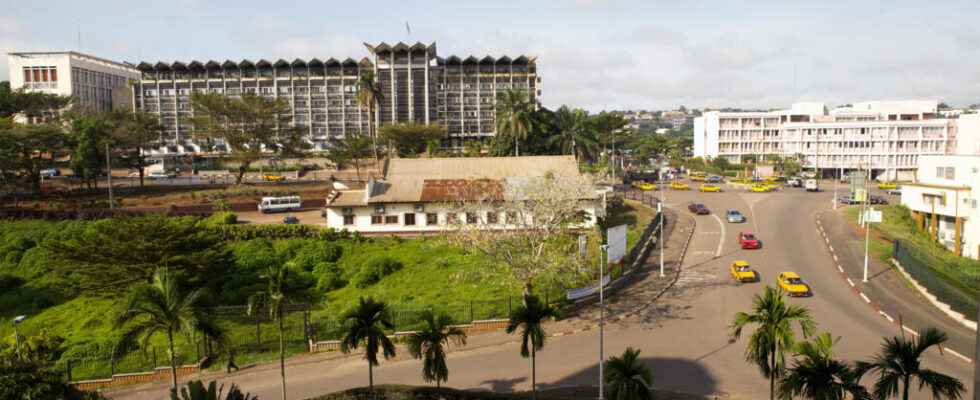For Enrica Picco, director for Central Africa at the International Crisis Group (ICG), a facilitation announced by Canada in the conflict between the Cameroonian authorities and the English-speaking separatists ” is still recoverable “. As a reminder, on January 23, Yaoundé denied having entrusted a role to the government in this file.
Cameroon and the English-speaking majority regions: International Crisis Group (ICG) calls for the talks to be put back “on track”.
As a reminder, after the first meetings remained secret last year, the Canadian Minister of Foreign Affairs announced on January 20 an agreement between the parties to the conflict to begin peace negotiations, with Canada as a facilitator. In the process, several separatist movements confirmed their participation. But three days later, Yaoundé, through a press release from the Ministry of Communication, declared not having asked anyone for any mediation or facilitation in this file.
Despite this reversal, for Enrica Picco, director for Central Africa at the ICG, this denial, which revealed divisions within the Cameroonian government, can and must be corrected to resolve a conflict which has claimed more than 6,000 lives. since 2017 and at least 700,000 displaced, again according to the ICG.
” These discussions would never have taken place without the green light from President Paul Biya”
” These discussions would never have taken place without the consensus and the green light of President Paul Biyabegins Enrica Picco, at the microphone ofAmelie Tulet. The political will was quite clear and we have reason to believe that it is still there “.
She continues: “ It is still recoverable, because Canada and the separatists did not reject the initiative, after the press release from Yaoundé. Also because, for the first time in years, the separatists have shown some unity. Four major movements gave their agreement. A fifth also said he was ready for negotiations. So those are already circumstances that haven’t changed. And there is also national and international pressure on the government of Yaoundé which is, we can say, unprecedented. »
Finally, the director for Central Africa at the ICG concludes: “ Civil society, women, different movements and religious groups have all supported the negotiation. So that’s still a lot of pressure. The various international players have for once formed a united front on the Canadian initiative. So, in that sense, there are still the conditions to catch up. »
